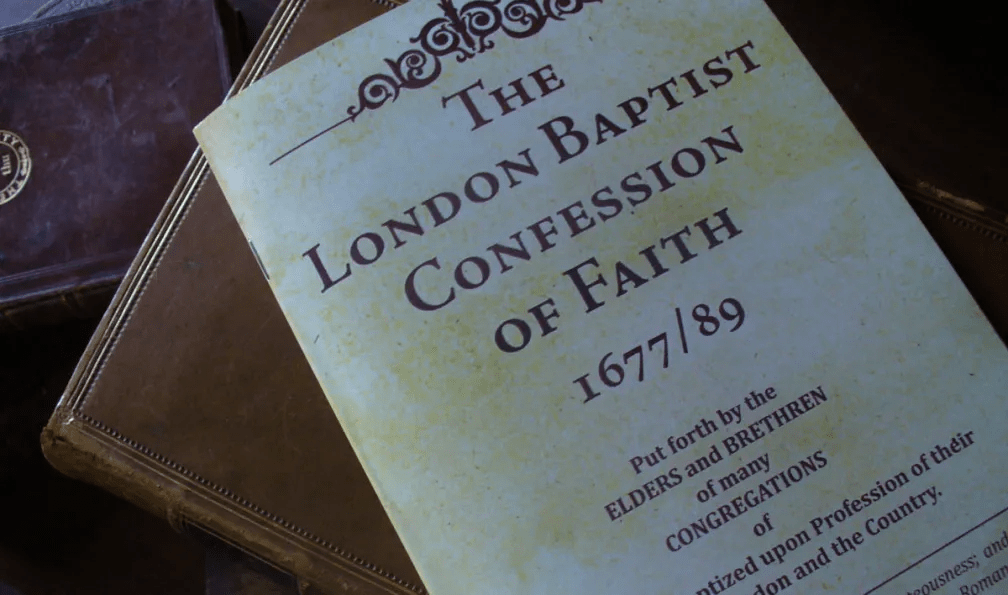In part one of this two-part article, based upon the call of Scripture to glory in Him, we set out to make some observations regarding a proper knowledge of our triune God. Using paragraph 3 of Chapter 2 of our Confession we noted: first, that confessing the Trinity does not entail a confession of Tritheism; second, that it does not entail a contradiction with the confession of “one only living and true God” (2LCF 2:1); and third, that it is not a confession that the three persons collectively comprise the being of God.
To conclude our set of observations we want to state that, fourthly, confessing the Trinity entails distinguishing the persons (or “subsistences”) according to their eternal relations of origin (stated as “peculiar relative properties and personal relations” in our quoted paragraph). The confession states that the three persons of the Trinity are distinguished in the following way: “The Father is of none, neither begotten nor proceeding; the Son is eternally begotten of the Father; the Holy Spirit proceeding from the Father and the Son.” The three eternal relations of origin have been theologically captured in the terms paternity (Father), filiation (Son), and spiration (Holy Spirit). In confessing the Trinity, we distinguish the persons according to these personal relations.
Fifthly, in confessing the Trinity we acknowledge the equality of the three persons. There is no hierarchy among the persons of the Trinity. The language of the confession asserts that Father, Son, and Holy Spirit are “of one substance, power, and eternity…all infinite, without beginning.” Because God is one, and cannot be “divided in nature and being,” there can not be a functional or social scale amongst the three persons. We are not to conclude that, because the Father is unbegotten and the Son is eternally begotten of the Father, the Son is inferior to the Father in power and authority. In fact, it was this very doctrine of eternal generation that the champions of the early church used to defend the deity, consubstantiality, and full equality of the Son with the Father. In confessing the Trinity, we do not subordinate the persons.
Sixthly, and lastly, in learning about and confessing our Triune God we are not engaged in a dispassionate academic exercise. The Confession closes its presentation of the doctrine of God with the wonderful statement that the “doctrine of the Trinity is the foundation of all our communion with God, and comfortable dependence on Him.” What a privilege and a joy it is to know our God and to be able to worship him in Spirit and in Truth. The exercise of learning about our God is to cheer our hearts in the knowledge of so great a Creator, so glorious a Sustainer, and so magnificent a Redeemer.
The doctrine of the Trinity is a central, essential, and indispensable truth that must be preached, taught, confessed, and defended. Let us encourage one another to study the One who says “let him who glories glory in this, that he understands and knows Me” and let us join together in song, proclaiming:
Holy, holy, holy! Lord God Almighty!
All thy works shall praise thy name in earth, and sky and sea.
Holy, holy, holy! merciful and mighty!
God in three persons, blessed Trinity!







